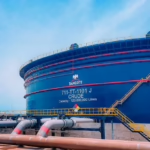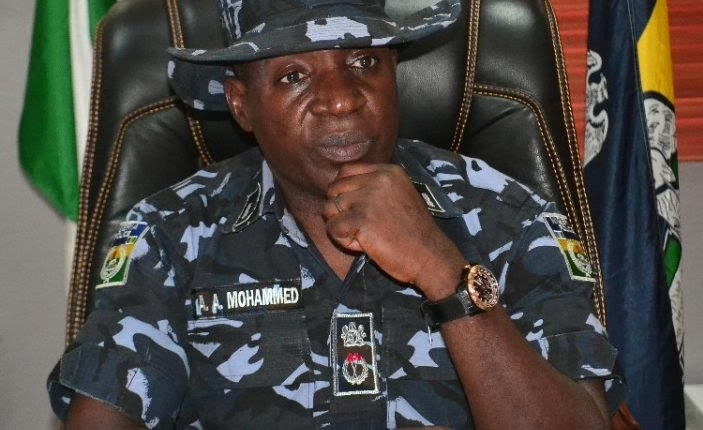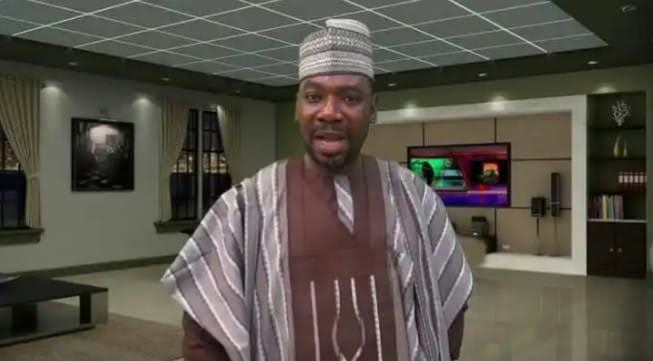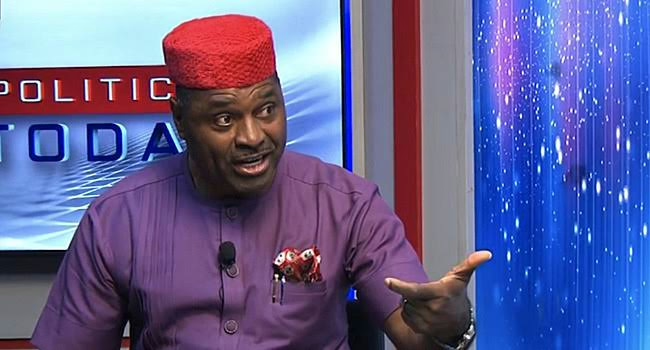The landing cost of petrol has dropped from the N981/litre recorded on September 25, 2024, to N945.63/litre as of September 27.
This is according to data released by the Major Energies Marketers Association of Nigeria on Monday.
The drop in the landing cost of petrol happened following the appreciation of the naira against the United States dollar.
In the MEMAN report, a dollar was said to have been exchanged for N1,586.26 on September 27 while it was N1,667.22 on September 25.
Also, Brent, the global benchmark for crude, dropped from the $73.67/barrel recorded in the last report released by MEMAN to $72.45 in the latest report on Monday.
The fall must have also contributed to the reduction in the landing cost of imported petrol.
The average ex-depot prices of PMS saw a marginal reduction in Lagos, Calabar, and Port Harcourt.
The major marketers disclosed that the landing cost of diesel, which was N1,089/litre previously, dropped to N1,068.04/litre, while that aviation fuel also fell from N1,117.34/litre to N1,079.79/litre.
It was observed that the difference between imported petrol and that of Dangote might be less than N46 if calculated by the N898/litre which the Nigerian National Petroleum Company claimed it bought the Dangote fuel.
Recall that NNPC hiked the pump prices of petrol the same day the Dangote refinery unveiled its locally-produced petrol.
From around N600, the price of petrol jumped to N855 and N900/litre. With the commencement of petrol sales by the Dangote refinery, NNPC also announced new prices.
NNPC said it would sell the petrol lifted from the Dangote refinery at a price above N1,000/litre in the far north.
The NNPC spokesperson, Olufemi Soneye, explained that the price may go for as high as N1,019/litre in places like Borno State, and N999.22 in Abuja, Sokoto, Kano, and others.
In Oyo, Rivers, and other areas in the South, it would be N960/litre. The lowest price, according to an infographic released by the NNPC, was N950 in Lagos and its environs.
However, it was observed that while the price of petrol was as high as N1,200 or more in some parts of Nigeria, some major marketers still sold a litre at N870 in Lagos.
During a media chat with senior media practitioners recently, the Executive Vice President, Downstream at the NNPC, Dapo Segun, explained that despite reaching an agreement with the management of the Dangote refinery, the issue of pricing remained market-driven.
Segun gave an insight into the discussions between the NNPC and Mr Aliko Dangote.
“Dangote said to us, ‘This is how much I want for it (PMS)’. And we say, ‘Hey, Dangote, if we go out there, we can get it for this much, so we won’t pay you this much for it‘. And we went into the negotiation. And that negotiation took us over a week to complete. They (Dangote officials) will come with their position, we’ll come with a counter; they’ll come with a revised position, and we’ll counter it.
“At the end of the day, we were able to reach an agreement on what to be the price to pay for it,” Segun said, emphasising a statement by Soneye that the company would lift Dangote PMS only if it was cheaper than imported one.
Meanwhile, the sale of petrol to NNPC continues at the Dangote refinery as Nigerians are hopeful that the price of the commodity will crash when the naira crude sale begins today (October 1, 2024).
Credit: Punch











Leave a Reply